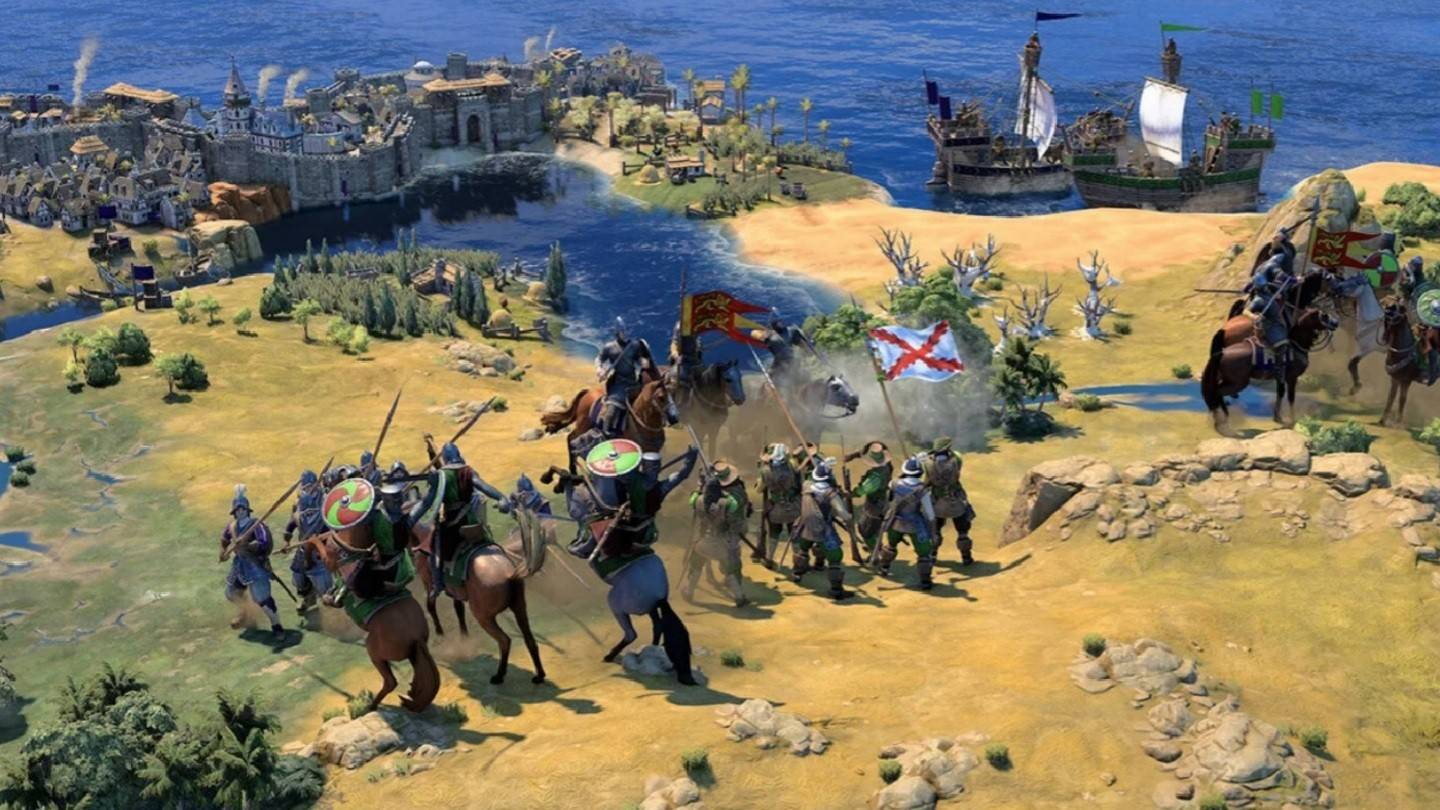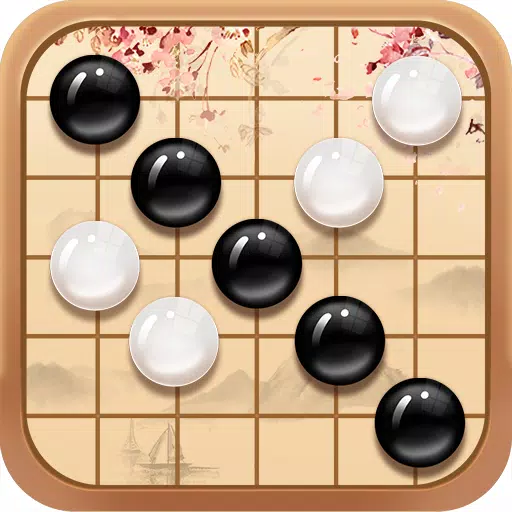
Sid Meier's Civilization VII initially faced criticism for its drastic departures from tradition, as revealed in early gameplay showcases. However, final journalist previews suggest these changes represent a significant and satisfying evolution for strategy game enthusiasts.
Civilization VII revitalizes core gameplay by integrating numerous mechanics. For instance, leader selection now incorporates a system rewarding frequently chosen rulers with unique bonuses. The inclusion of distinct eras, such as Antiquity and Modernity, fosters self-contained gameplay experiences within each period.
Key Takeaways:
- The game introduces numerous innovative mechanics. The decoupling of leader and civilization selection adds considerable strategic depth.
- Three eras are initially available: Antiquity, Medieval, and Modern. Transitioning between eras feels akin to starting a fresh game.
- Players can swiftly adapt their civilization's trajectory, enhancing gameplay flexibility.
- The traditional laborer unit is absent; cities now expand organically.
- Leaders boast unique perks unlocked through repeated play.
- Diplomacy functions as a resource. Influence points facilitate treaties, alliances, and the denouncement of rival leaders.
- The AI remains a point of concern, prompting recommendations for cooperative play.
- Many consider Civilization VII the most daring reimagining of the classic Civilization formula.
 Home
Home  Navigation
Navigation






 Latest Articles
Latest Articles









 Latest Games
Latest Games












